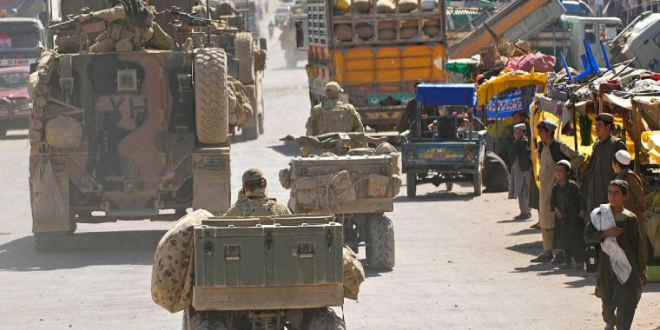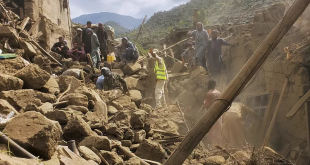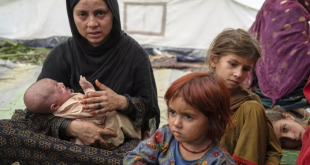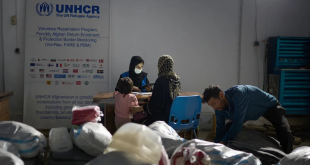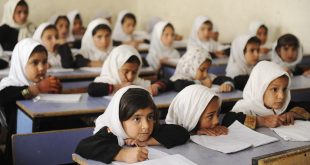KABUL — Explosive revelations from a leaked cache of documents have reignited scrutiny over the West’s two-decade occupation of Afghanistan, exposing a legacy of corruption, torture, and failed state-building that ultimately paved the way for the Taliban’s return to power.
The leak, tied to ongoing investigations into post-war accountability, highlights how the U.S. and Britain, under the pretext of humanitarian intervention after 9/11, installed a regime of warlords, drug traffickers, and political opportunists. Rather than stabilizing the country, the foreign-backed government collapsed almost overnight in 2021, with the Taliban swiftly regaining control.
Though sold to the world as a mission to protect human rights and liberate Afghan women, evidence shows that the occupation often empowered those who actively suppressed them. A 2009 UN report revealed widespread violence against women, while diplomats warned that aid rarely reached those in need, instead being “eaten by corruption and the monster of war.”
At the center of the scandal is the Karzai government, which was heavily backed by the CIA. Billions in aid vanished amid allegations of bribery and criminal dealings. One so-called “anti-corruption” chief was later revealed to be a convicted drug trafficker. Critics say this regime lacked public legitimacy and was propped up only by foreign military force.
Britain’s role also comes under fire, with new evidence confirming that UK forces operated secret detention sites like Camp Bastion, where Afghans were held without charge before being handed over to U.S. forces for torture. The notorious Bagram airbase, described by lawyers as worse than Guantanamo, served as a hub for illegal detentions.
Analysts say Afghanistan was never the primary target of U.S. outrage following 9/11. Instead, it became the testing ground for a broader strategic agenda—the so-called “Project for the New American Century”—aimed at reasserting U.S. dominance in the Middle East amid fears of rising competition from China.
Now, with sanctions isolating the Taliban and humanitarian conditions worsening, the long-term impact of the occupation is once again under global scrutiny. As Afghans endure the consequences, calls are growing for a full international reckoning with what many are calling one of the most disastrous and deceptive military campaigns of the 21st century
 Afghanistan Times
Afghanistan Times
